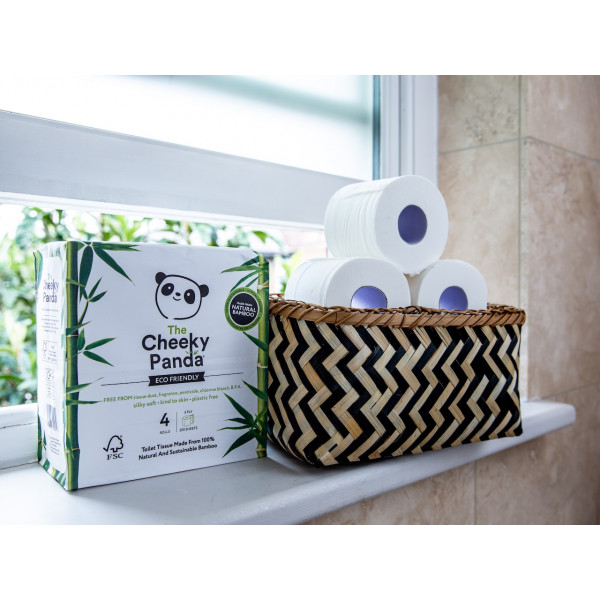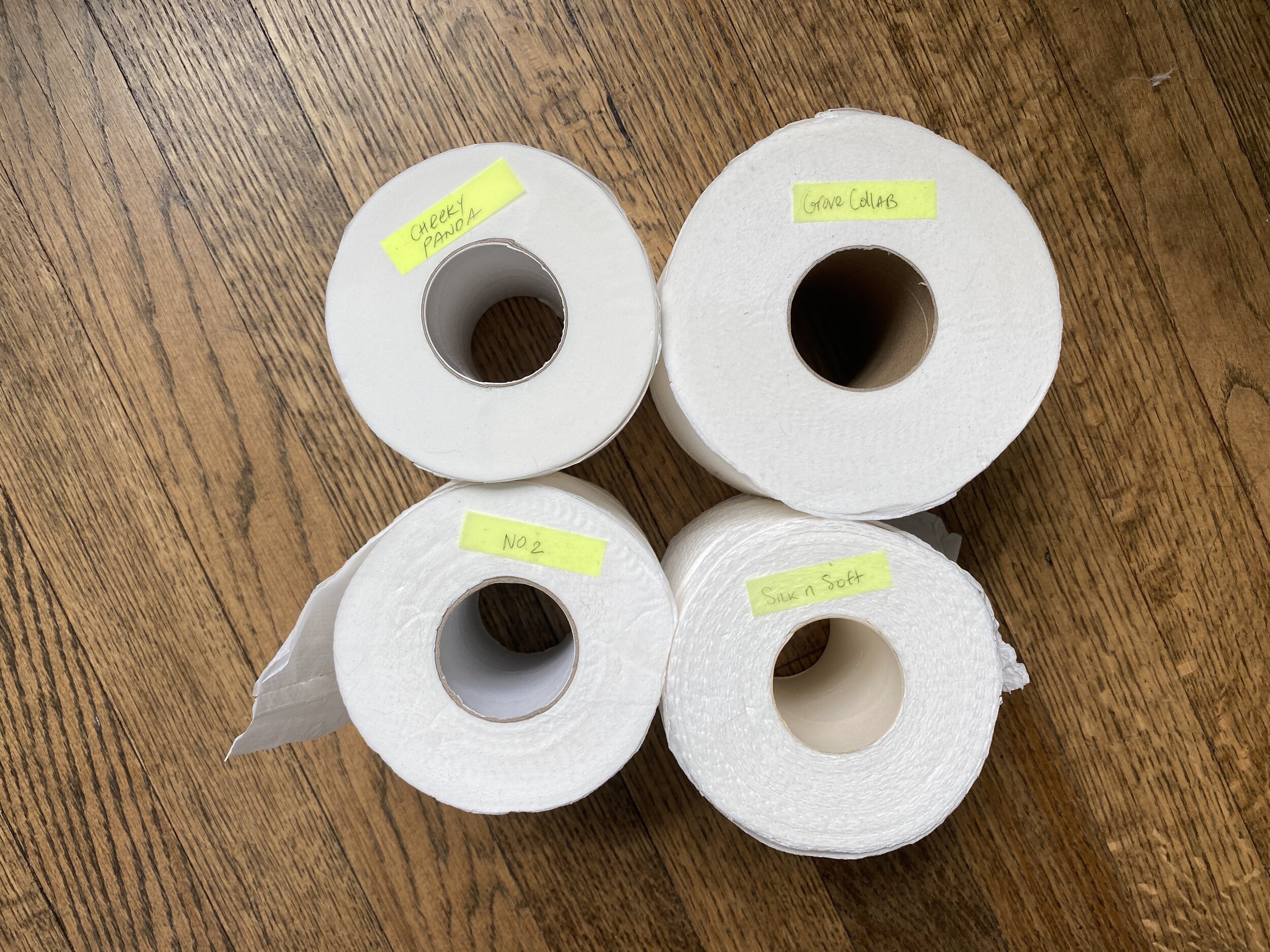
Amazon.com: The Cheeky Panda Bamboo Toilet Paper | 9 Rolls with 200 Soft Sheets Each | Strong 3-Ply Bamboo Tissue Paper | Plastic Free Packaging : Health & Household

Zöld Mami Webshop - Plastic free toilet Paper 4 rolls (3ply, 200 sheets per roll) NEW - Cheeky Panda - Zöld Mami Webshop

Amazon.com: The Cheeky Panda Bamboo Toilet Paper | 4 Rolls with 200 Soft Sheets Each | Strong 3 -Ply Bamboo Tissue Paper | Plastic Free Packaging : Health & Household

















